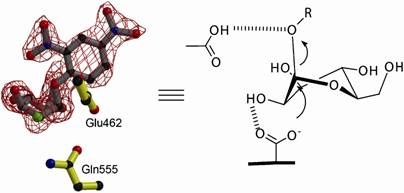Borealis and Åbo Akademi University combine research in polyolefins
Borealis and the Laboratory of Polymer Technology at Åbo Akademi University in Finland have signed a long-term research agreement to develop new catalysts and polyolefin grades that will advance the technology of Performance Products.
The aim of the research is to embrace topics from single-site catalysts and polymer synthesis, on a molecular level, to final end-products. Industry and academia will be working together to innovate and promote internationally-recognised research.
Borealis and Åbo Akademi are collaborating with a number of technology partners to develop high-throughput experimentation (HTE) for polyolefin catalysts. HTE is a growing trend in chemical research, dealing with methods and concepts aimed at increasing research output. HTE allows many precise experiments to be run in parallel, and reduces the development time for new polyolefin products.
Åbo Akademi will concentrate on new catalytic active complexes, while Borealis will focus mainly on the use of these catalysts to achieve new polymer properties.
"Borealis is firmly committed to maintaining its technological leadership in high-performance polymers," says Johan von Knorring, Borealis' Vice President for R&D. "This collaboration will ensure that we remain at the forefront of polymer development. For our customers, it means we will be able to bring new polymers faster to the marketplace."
Professor Carl-Eric Wilén of Åbo Akademi says the Laboratory of Polymer Technology foresees a number of advantages in such an intensive arrangement with Borealis. "Few human activities among researchers are as personally satisfying as that of discovery," he says. "This programme provides the opportunity for students to be inventive, creative and resourceful. It also serves as an excellent forum for the exchange of ideas, insights and experiences, and for understanding the needs of both the university and industry."
See the theme worlds for related content
Topic world Synthesis
Chemical synthesis is at the heart of modern chemistry and enables the targeted production of molecules with specific properties. By combining starting materials in defined reaction conditions, chemists can create a wide range of compounds, from simple molecules to complex active ingredients.

Topic world Synthesis
Chemical synthesis is at the heart of modern chemistry and enables the targeted production of molecules with specific properties. By combining starting materials in defined reaction conditions, chemists can create a wide range of compounds, from simple molecules to complex active ingredients.









































